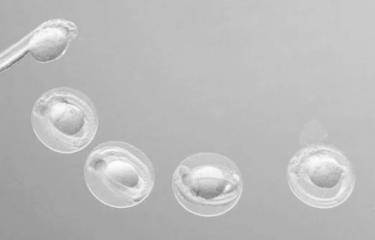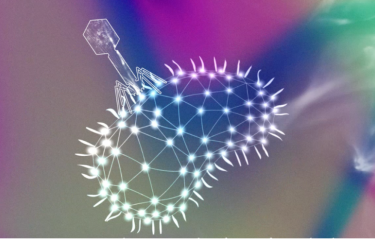Researchers introduce a new neurocomputational model of the human brain. This model could bridge the gap in our understanding of artificial intelligence and the biological mechanisms underlying mental disorders.
A study by an international group of researchers* introduces a new neurocomputational model of the human brain that could shed light on how the brain develops complex cognitive abilities and advance neural artificial intelligence research.
The model describes neural development over three hierarchical levels of information processing. The first sensorimotor level explores how the brain's inner activity learns patterns from perception and associates them with action; then the cognitive level examines how the brain contextually combines those patterns; and finally, the conscious level considers how the brain dissociates from the outside world and manipulates learned patterns (via memory) that are no longer accessible to perception.
The model demonstrates how the Neuro-AI convergence highlights biological mechanisms and cognitive architectures that can fuel the development of the next generation of artificial intelligence and even ultimately lead to artificial consciousness. Reaching this milestone may require integrating the social dimension of cognition.
Future work is now looking at integrating biological and social dimensions at play in human cognition. The team has already pioneered the first simulation of two whole brains in interaction. Anchoring future computational models in biological and social realities will not only continue to shed light on the core mechanisms underlying cognition but will also help provide a unique bridge to artificial intelligence towards the only known system with advanced social consciousness: the human brain.
Funding for the study was provided by. the European Union’s Horizon 2020 Framework Programme for Research and Innovation, the Institute for Data and the Fonds de recherche du Québec.
* International group of researchers from the Institut Pasteur and Sorbonne Université in Paris, the CHU Sainte-Justine, Mila – Quebec Artificial Intelligence Institute, and Université de Montréal. Concerning the Institut Pasteur:
- Guillaume Dumas, researcher at the Institut Pasteur (Paris) at the time of the beginning of this project, now researcher at the CHU Sainte-Justine Research Centre and Assistant Professor in the Faculty of Medicine at Université de Montréal, and associate academic member at Mila - Quebec Artificial Intelligence Institute (Montréal).
- Jean-Pierre Changeux, neurobiologist at the Department of Neuroscience of the Institut Pasteur (Paris), awarded the ALBERT-EINSTEIN Prize in 2018, notably for this work on the nicotinic acetylcholine receptor.
Source :
Multilevel Development of Cognitive Abilities in an Artificial Neural Network, Proceedings of the National Academy of Sciences of the United States of America, September 19, 2022
DOI : 10.1073/pnas.2201304119
Konstantin Volzhenina, Jean-Pierre Changeuxa, Guillaume Dumasab
aInstitut Pasteur, Paris, France
bMila - Quebec Artificial Intelligence Institute; CHU Sainte-Justine Research Center, Department of Psychiatry, Université de Montréal, Montréal, Canada





